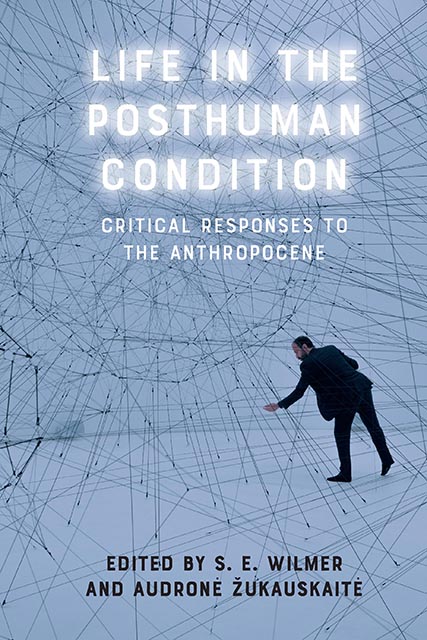10 - Jagged Ontologies in The Anthropocene, or, The Five Cs
Published online by Cambridge University Press: 20 October 2023
Summary
In my role as founding editor of the Posthumanities series at the University of Minnesota Press, I get asked a lot about trends. What's hot now? What's the next big thing? How do you see the future of theory? And so on. One of the things I say in response to such questions is that ‘the question of the animal’ – even as it certainly remains a growth industry in a number of disciplines in the humanities and interpretive social sciences – seems to have been left behind, all too predictably, by the economy of planned obsolescence in academic knowledge production and theory. As Niklas Luhmann pointed out long ago, the autopoiesis of the disciplines within the education system, as with other social systems, depends upon the ceaseless production of novelty (Luhmann 2000: 21, 28). Part of that production of novelty has been a widespread decentring of the human across a range of disciplines and theoretical approaches over the past three decades or more. But as I argued in What Is Posthumanism?, when it comes to the decentring of the human, the issue isn't just what you’re thinking, it's how you’re thinking it. And here, one might draw a bright line between so-called Flat Ontologies and my insistence later in this chapter on what one might call instead ‘jagged ontologies’, ones that pay attention to differences and to how, as Gregory Bateson puts it, those differences make a difference: in this case, to formulating the discourse of the Anthropocene (Bateson 1972: 453).
In this context, I’ll later engage Bruno Latour's Facing Gaia, with its admirable desire to assert what he calls the ‘outlaw character’ of Gaia as a stay against both holism and humanism and their understanding of Gaia as a kind of mythical super-organism.
- Type
- Chapter
- Information
- Life in the Posthuman ConditionCritical Responses to the Anthropocene, pp. 195 - 221Publisher: Edinburgh University PressPrint publication year: 2023



